Southern Soul – “The Natural Truth”
Originally Posted on – Blues For A Big Town Blog
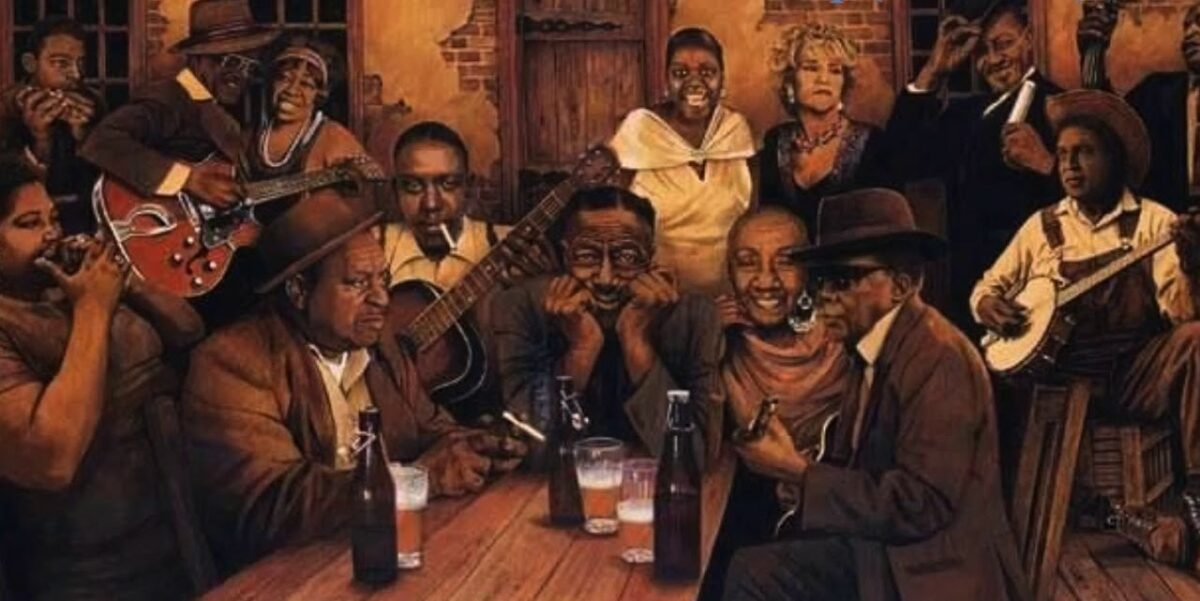
After a long musical journey I came to the destination of R&B and Soul in my teens.
The love of Southern Soul started with the more accessible offerings of Motown, (“The Sound Of Young America”), from the urban centre of Detroit and ended with the grittier Stax recordings, (“Soulsville U.S.A.”), located in the more rural Memphis, FAME in Muscle Shoals Alabama, and Muscle Shoals Sound Studios in Sheffield Alabama, as well as other studios in other Southern locales.
As I got older I came to appreciate a wide variety of genres but none have had the lasting power of Southern Soul that has stayed with me from the 1960’s throughout the rest of my life. While I didn’t have the opportunity to catch all my heroes in person, I collected their singles and albums that I continue to play to this day.
Early on I listened solely to two AM stations that provided a large dose of Soul music: WUFO 1080 (Amherst N.Y.) and CKLW 800 (Windsor ON). WUFO, that played Soul exclusively, was my primary source. CKLW, renowned as “the” hit making station, due to its proximity to Detroit, featured playlists heavily laden with Soul.
I have two memories that remain etched in my brain:
- After playing “Tramp” by Otis Redding & Carla Thomas, WUFO DJ Chucky T, feeling the need to explain just exactly what Otis and Carla were saying, played the cut a second time so that the listening audience caught every nuance
- The first time that CKLN played “When A Man Loves A Woman” by Percy Sledge. With no introduction, the silence was broken by the ominous sound of Spooner Oldham’s plaintive Hammond B-3 introduction. I was 16 at the time and immediately knew something serious was about to unfold
Southern Soul spoke to me with its raw expression of what has been referred to as “The Natural Truth”
– basic needs and desires: e.g. courtship, breaking up, stealing love, and longing for unrequited love. The genre’s best offerings all reflected those urgencies as the singer exclaimed, cried, pleaded, and shouted about the condition of the human spirit.
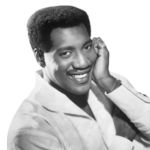
Soul Music is epitomized by great singers. If asked to name my top five singers they would be (in order): Otis Redding, Sam Cooke, Aretha Franklin, Bobby Bland, and Jackie Wilson. And there would be a long line of honourable mentions who, along with my top five, continue to be in heavy rotation on both cd and vinyl.
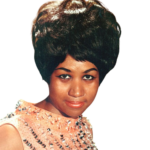
Southern Soul is characterized as a genre of music that originated in the Southern U.S. It’s a blend of, or contains, a number of other genres including Blues, Country, and Gospel. As a further means of definition, the idiom has its lens focused on artists that, primarily, were born and recorded in the south. (What I’m alluding to is old school Soul – not to be confused with some of today’s Pop that’s passing itself off as Soul or the current overtly sexual renderings of Southern Soul).
Southern Soul artists were and continue to be predominantly black.
But there are factors that come into play with Southern musicians that place whites and blacks in the same social strata. Both tend to be working class and although whites may enjoy status and may not have to deal with the atrocities that blacks endured at their hands in general walks of life, co-involvement in music tends to level the playing field.
Famed Southern Soul producer Jerry Wexler summed it up this way:

“Everybody who knows the South, the real South, knows that, despite the Klan and the lynchings and the brutality, the liberated southern white is a hell of a lot closer to Negro soul than the northern white liberal….”
Jerry Wexler
In the musical sphere their social milieu is probably not a lot different.

Here they tend to share the same cultural, geographical, as well as vernacular foundation. Thus racial lines become blurred in both playing and singing. That’s why some white singers like Eddie Hinton are quite convincing – it comes from somewhere deeper. In this instance a white artist can’t overcome the historical implications but can relate socio economically, and it doesn’t come off as consciously copying – it comes from the heart. Of note, while the majority of Southern Soul artists have historically been black, the supporting musicians in studio house bands have been predominantly white thus affecting a role reversal.
It’s also interesting to note that African Americans from the South listened to a lot of the same music as whites, and accordingly were just as enamoured with and influenced by the Grand Ole Opry as whites of the same generation.
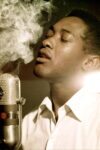
With that perspective it’s not hard to understand that black artists emerged singing Country Soul – like Joe Simon, Dobie Gray, and Johnny Adams. Some – Charlie Pride being the most obvious example – are full-fledged Country artists. Further, some southern black artists – like Joe Tex – admired Country players and even while playing R&B, favoured Country players for his recording sessions.
Unfortunately, with the music scene being what it is today, with the exception of specialty radio shows, the only way to hear and appreciate Soul is through personal music collections. Not only has time passed the genre by, but like other Roots forms, Soul has been marginalized.
Also, to be considered as a factor of Soul falling off the radar, is that artists who defined the genre are no longer with us.
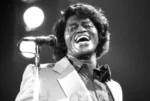
As in the case of Blues, Soul has lost many of the genre’s recognizable names, (think Sam Cooke, Otis Redding, James Brown, Aretha Franklin). Unless one lives in the American deep south and frequents the still active juke joints, there’s nothing to remind a listener of the halcyon days of the 60’s when Stax was the epicentre of a tornado that hit worldwide; where every corner of North America had its own brand of Soul – be it Chicago, Detroit, New York, or Toronto.
Having opened the window into Southern Soul, as opposed to trying to describe the music, I’ve instead included a suggested playlist of twelve songs that have played a major role in not only my appreciation of the form but also helped to establish Southern Soul as a major genre.
In addition, I’ve also listed prominent recording studios and some of the key session musicians.
SOUTHERN SOUL SUGGESTED PLAYLIST
Wilson Pickett – In The Midnight Hour
- Released 1965; Atlantic
- Recorded at Stax Studios Memphis TN
- Wilson Pickett 1941-2006 was born in Prattville AL
James Brown – Papa’s Got A Brand New Bag
- Released 1965; King
- Recorded at Arthur Smith Studios Charlotte NC
- James Brown 1933-2006 was born in Barnwell SC
Otis Redding – I’ve Been Loving You Too Long
- Released 1965; Volt (Stax)
- Recorded at Stax Studios Memphis TN
- Otis Redding 1941-1967 was born in Dawson GA
Percy Sledge – When A Man Loves A Woman
- Released 1966; Atlantic
- Recorded at Quinn Ivey Studios Sheffield AL
- Percy Sledge 1941-2015 was born in Leighton AL
Sam & Dave – Hold On, I’m Comin’
- Released 1966; Stax
- Recorded at Stax Studios Memphis TN
- Sam Moore was born in 1935 in Miami FL
- Dave Prater 1937-1988 was born in Ocilla GA
Aretha Franklin – I Never Loved A Man The Way I Love You
- Released 1966; Atlantic
- Recorded at Fame Studios Muscle Shoals AL
- Aretha Franklin 1942-2018 was born in Memphis TN
James Carr – The Dark End Of The Street
- Released date 1967; Goldwax
- Recorded at American Sound Studios Memphis TN
- James Carr 1942-2001 was born in Coahoma MS
Clarence Carter – Slip away
- Released 1968; Atlantic
- Recorded at FAME Studios Muscle Shoals AL
- Clarence Carter was born in1936 in Montgomery AL
William Bell – I Forgot To Be Your Lover
- Released 1969; Stax
- Recorded at Ardent Recording Studios Memphis TN
- William Bell was born in Memphis TN in 1939
Joe Simon – The Chokin’ Kind
- Released 1969; Monument / Stage 7
- Recorded at American Sound Studios Memphis TN
- Joe Simon was born in 1943 in Simmesport LA
Johnny Adams – Reconsider Me
- Released 1969; SSS International
- Recorded at Columbia Studios Nashville TN
- Johnny Adams 1932-1998 was born in New Orleans LA
The Staple Singers feat. Mavis Staples – I’ll Take You There
- Released 1972; Stax
- Recorded at Muscle Shoals Sound Studios Sheffield AL
- Mavis Staples was born in 1939 in Chicago IL
Following is a listing of prominent recording studios and the people who oversaw the recordings of the many great Southern Soul songs
RECORDING STUDIOS
FAME (Florence Alabama Music Enterprises), Muscle Shoals AL
- Rick Hall
Muscle Shoals Sound Studios, Sheffield AL
- Jimmy Johnson, Barry Beckett
Stax, Memphis TN
- Jim Stewart, Al Bell, Steve Cropper
Royal Sound Studios, Memphis TN
- Willie Mitchell, Boo Mitchell
American Sound Studios, Memphis TN
- Chips Moman, Dan Penn
Criteria Studios, Miami FL
- Jerry Wexler, Tom Dowd, Arif Mardin
Following are the house bands that played a major role in both the playing and arrangements of a significant number of the great Southern Soul releases.
As previously noted, while the majority of Southern Soul artists were black, the house bands were predominantly white.
HOUSE BANDS
Original FAME house band
- Rick Hall / Jerry Carrigan / Felton Jarvis / Tommy Roe / Ray Stevens /
- David Briggs / Norbert Putnam
The Swampers (FAME, MSSS)
- Primarily Jimmy Johnson, Barry Beckett, David Hood, and Roger Hawkins with Eddie Hinton / Duane Allman / Junior Lowe / Pete Carr / Clayton Ivey / Chips Moman / Spooner Oldham / Tommy Cogbill / Bobby Womack
The FAME Gang
- Freeman Brown / Jesse Boyce / Clayton Ivey / Junior Lowe
The Memphis Boys (American)
- Gene Christian / Tommy Cogbill / Mike Leach / Reggie Young / Bobby Emmons /
- Bobby Woods / Chips Moman
STAX
- Steve Cropper / Booker T. Jones / Isaac Hayes / Duck Dunn / Al Jackson
Hi Rhythm Section (Royal)
- Teenie Hodges / Charles Hodges / Leroy Hodges / Howard Grimes /
- Al Jackson
Dixie Flyers (Criteria)
- Jim Dickinson / Charlie Freeman / Tommy McClure / Mike Utley /
- Sammy Creason

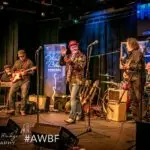

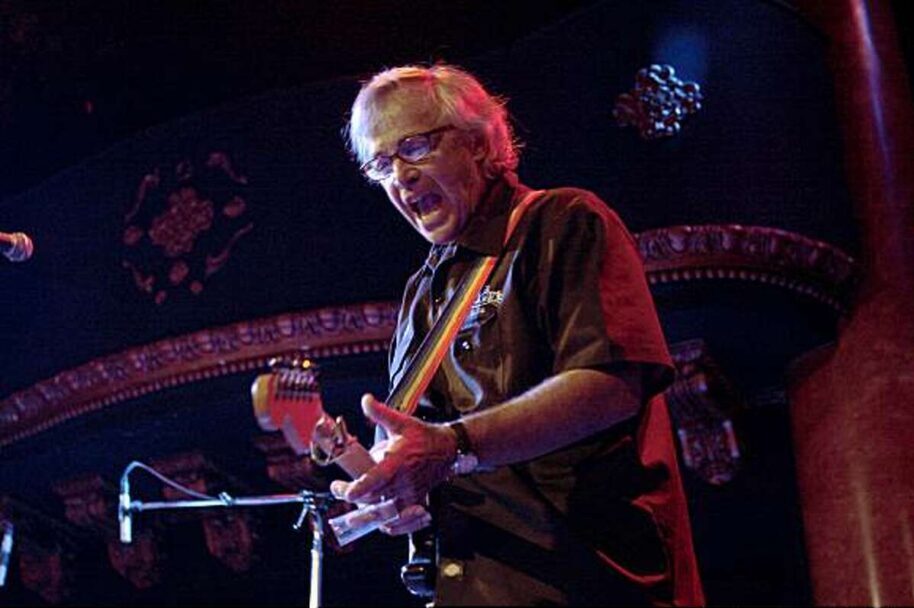

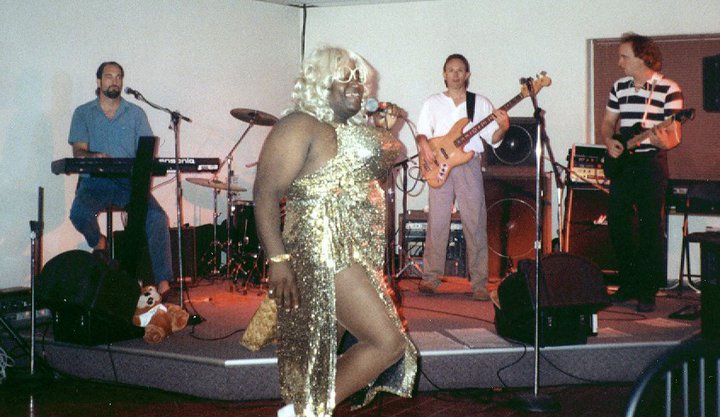

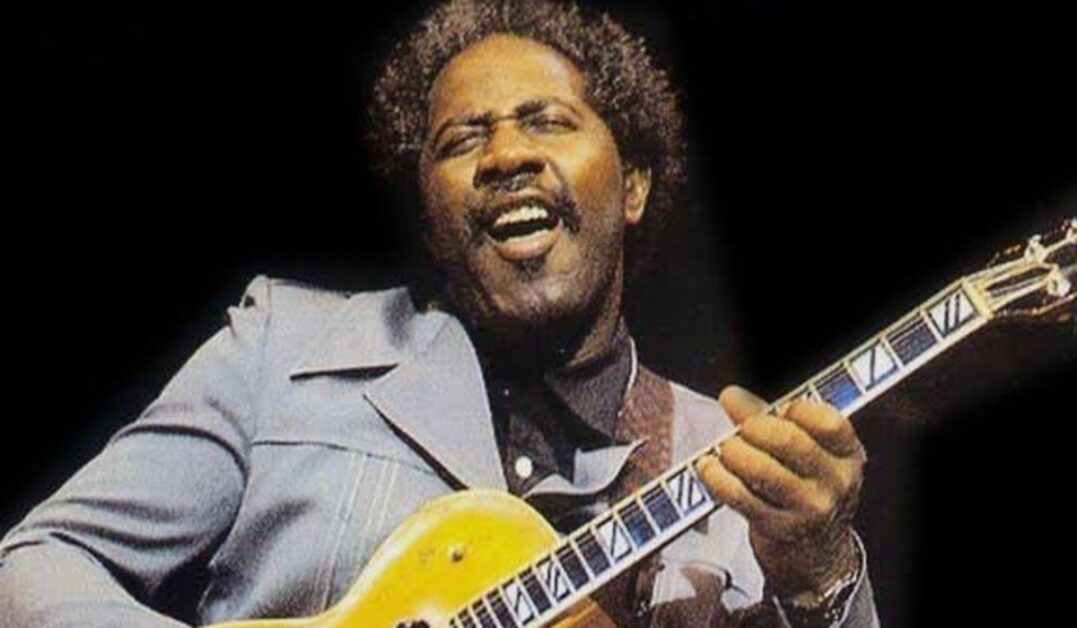
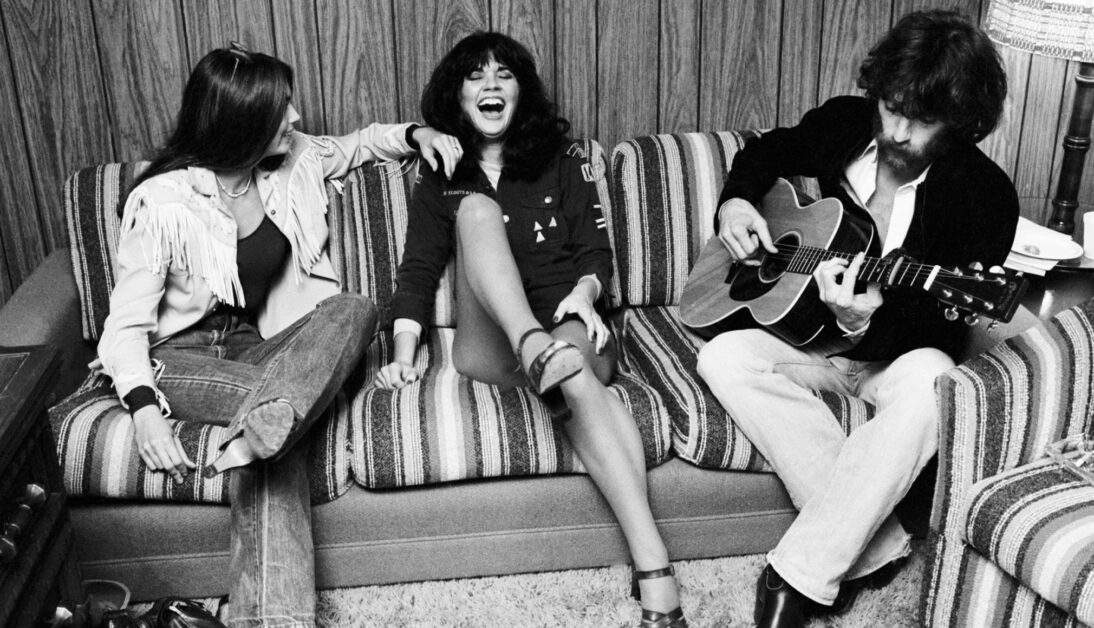
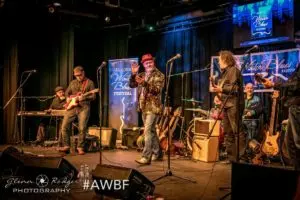
awesome!